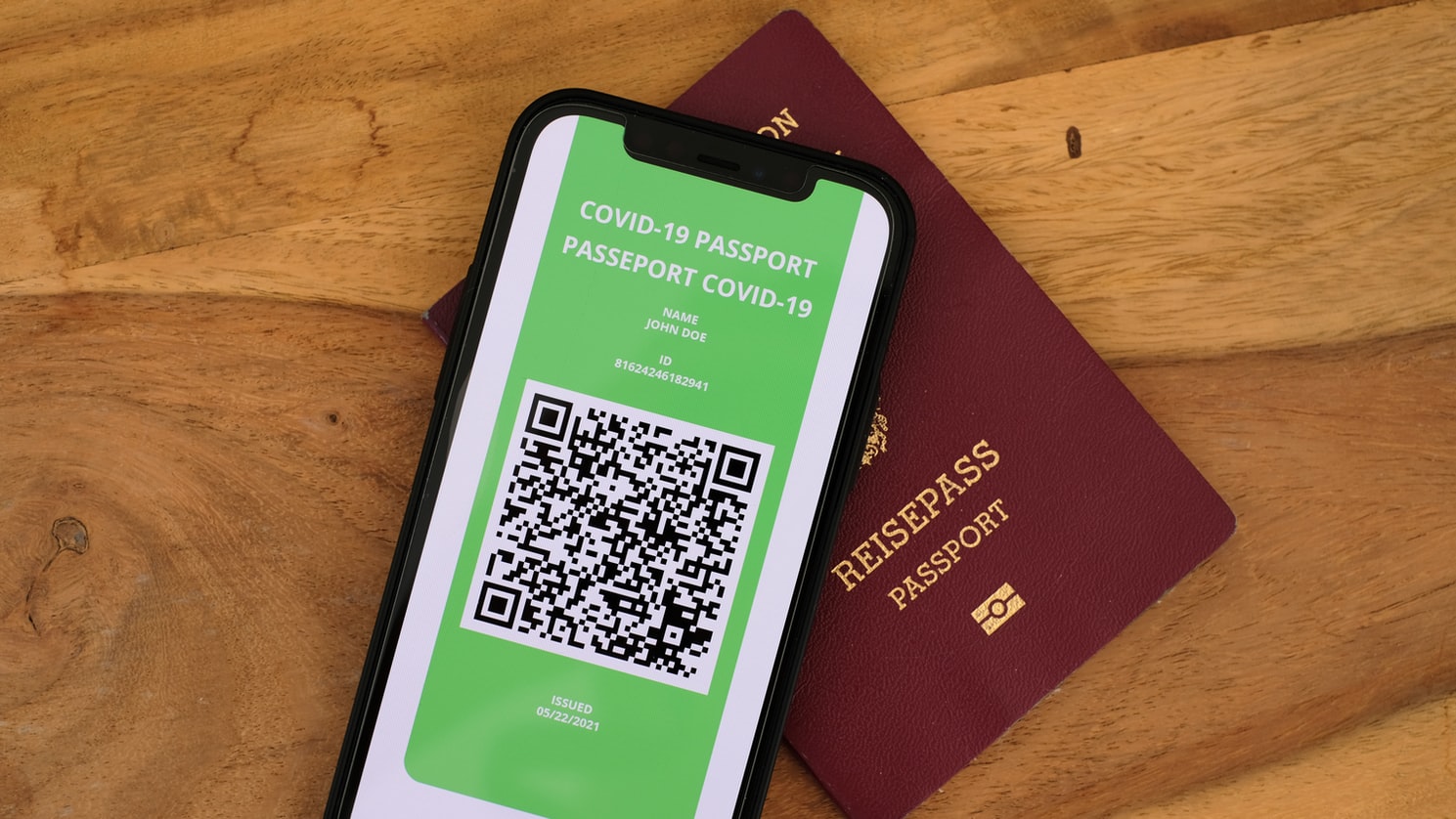How can you tell whether someone has been vaccinated for COVID-19? Right now, all British Columbia has is the honour system. One solution being explored is a COVID-19 vaccination certification system.
But the province’s ombudsperson is concerned that public services could be limited for people if such a system is in fact introduced.
B.C. ombudsperson Jay Chalke – who’s responsible for ensuring B.C.’ers have fair treatment by government – is now emphasizing that fairness must be at the centre of any plan put into place.
Chalke says new measures like so-called “vaccine passports” run the risk of creating a lot of confusion, concern, and unequal treatment, “all of which can result in complaints to my office.”
And although he notes people don’t have to provide vaccination status for public services just yet, “we know given the highly dynamic nature of this pandemic that this kind of verification could potentially come into play in a variety of ways.”
A national guidance document released today (Wednesday) places a focus on how certification systems could impact public services under the Ombudsperson’s jurisdiction – like municipal, health, education, and provincial government ministry services.
“This caution and guidance being issued today by Ombuds across Canada serve as proactive reminders that may help prevent unfairness from occurring if this is something governments do ultimately decide to apply to their public services,” Chalke adds.
The document – created by the Canadian Council of Parliamentary Ombudsman – calls on provincial and territorial governments to consider “key fairness principles” when contemplating COVID-19 vaccination certification:
- “Before implementation, clear direction for the use of vaccination certification must be given by government via legislation or publicly available policy.
- Any vaccine certification program must be evidence-informed and all decisions must be subject to review and appeal processes.
- Accommodations must be made for those who have not received the vaccine, including alternative service delivery options.
- Decisions to restrict access to a service based on a person’s vaccination status must be done in a transparent, procedurally fair manner and be clearly communicated to the affected person in an accessible way.”
You can read the full document here.







